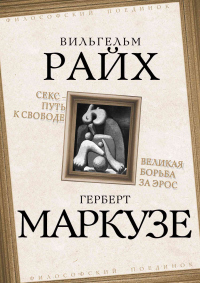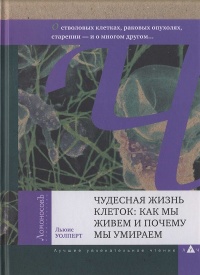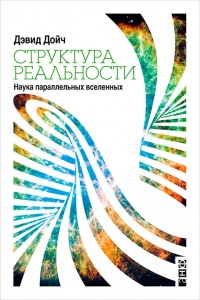Книга Кто мы и как сюда попали. Древняя ДНК и новая наука о человеческом прошлом - Дэвид Райх
На нашем литературном портале можно бесплатно читать книгу Кто мы и как сюда попали. Древняя ДНК и новая наука о человеческом прошлом - Дэвид Райх полная версия. Жанр: Книги / Домашняя. Онлайн библиотека дает возможность прочитать весь текст произведения на мобильном телефоне или десктопе даже без регистрации и СМС подтверждения на нашем сайте онлайн книг knizki.com.
Шрифт:
-
+
Интервал:
-
+
Закладка:
Сделать
Перейти на страницу:
Перейти на страницу:
Внимание!
Сайт сохраняет куки вашего браузера. Вы сможете в любой момент сделать закладку и продолжить прочтение книги «Кто мы и как сюда попали. Древняя ДНК и новая наука о человеческом прошлом - Дэвид Райх», после закрытия браузера.
Книги схожие с книгой «Кто мы и как сюда попали. Древняя ДНК и новая наука о человеческом прошлом - Дэвид Райх» от автора - Дэвид Райх:
Комментарии и отзывы (0) к книге "Кто мы и как сюда попали. Древняя ДНК и новая наука о человеческом прошлом - Дэвид Райх"
























